Non-surgical Rehabilitation
Most of the time, quadrilateral space syndrome will improve with nonsurgical treatment.
There are varying degrees of nerve injury. Most commonly, injury to the axillary nerve is a more mild form of an injury called neuropraxia. This means that it typically recovers fully. The axillary nerve is very short, so even a severe injury can heal rather quickly.
It is important to rest your shoulder, and your physiotherapist at One Wellness may suggest taking a break from the activity that may be causing your symptoms. Changing throwing or sport mechanics may be helpful.
We may also recommend over-the-counter anti-inflammatories (NSAIDs) such as ibuprofen. Heat or cold packs to your shoulder can also be beneficial.
One Wellness will help you to maintain shoulder range of motion, or flexibility. Posture training may also be helpful. Our physiotherapist may have you change the way you do your overhead sport when overuse is a possible cause.
Electrical muscle stimulation (EMS) may be beneficial when there is muscle weakness or wasting. EMS is a battery operated device that sends electrical current to your muscles to make them contract. This will help maintain strength and decrease wasting of the muscle. There are units that can be used at home.
Although the time required for recovery varies, after about four weeks, many patients are able to do more exercise on their own. Usually by six weeks, exercises specific to your sport are introduced into your physiotherapy program. In most cases, you can expect to have full range of motion, and be able to resume activity in 12 weeks.
Time required for return to sports varies. Repeat EMG studies are often ordered by your physician to see if the axillary nerve is improving. Improvement in the EMG should be seen, and near full recovery of deltoid muscle strength is recommended before return to your activity or sport. Sport specific retraining may be necessary before you can play your sport at full intensity.
Most of the time, conservative care such as physiotherapy is all that is needed. Rarely is surgery needed.
Post-surgical Rehabilitation
Most post-surgical shoulder rehabilitation includes three phases.
Phase I goals are to limit pain, and allow range of motion at the shoulder. When you begin your One Wellness post-surgical rehabilitation, we will start with gentle shoulder mobility to keep scar tissue from forming again. This also keeps the nerve and blood vessels moving freely. During the first four weeks after surgery, it is important not to overuse your arm. Our physiotherapist may also have you work on posture as part of your physiotherapy.
Phase II includes gentle strengthening of the shoulder and upper extremity. Total body conditioning is also important. Our physiotherapist may recommend that you ride a bike, walk on a treadmill, and strengthen the core muscles in your trunk.
Phase III is usually started six weeks after surgery, although the time required for surgery varies among patients. This includes sport specific activities, functional activities, and continued conditioning. Your physiotherapist may have you change the way you do your overhead sport when overuse has been the problem.
Your surgeon may suggest that you have the EMG repeated at monthly intervals to see if the axillary nerve is improving, especially after surgery to graft the nerve. By twelve weeks, you should have full range of motion of the shoulder with good pain control. As in non-surgical rehabilitation, time required for return to sports varies. In general, it is recommended there be improvement in the EMG, and that the muscle strength of the operated shoulder is at least 80 percent of the muscle strength of nonoperated shoulder.
At One Wellness, our goal is to help you keep your pain under control, improve range of motion, and maximize strength and control in your shoulder. When your recovery is well under way, regular visits to our office will end. Although we will continue to be a resource, you will be in charge of doing your exercises as part of an ongoing home program.
One Wellness provides services for physiotherapy in Canmore.

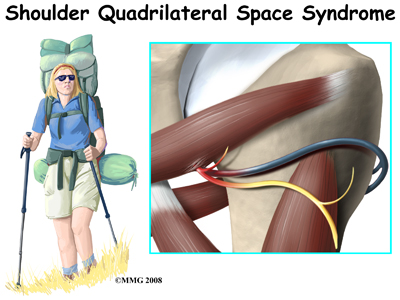
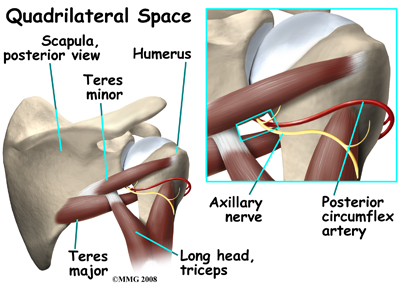
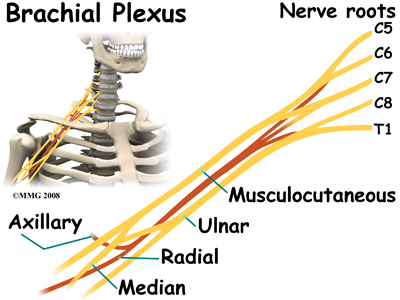
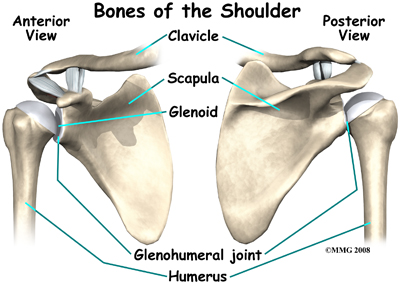
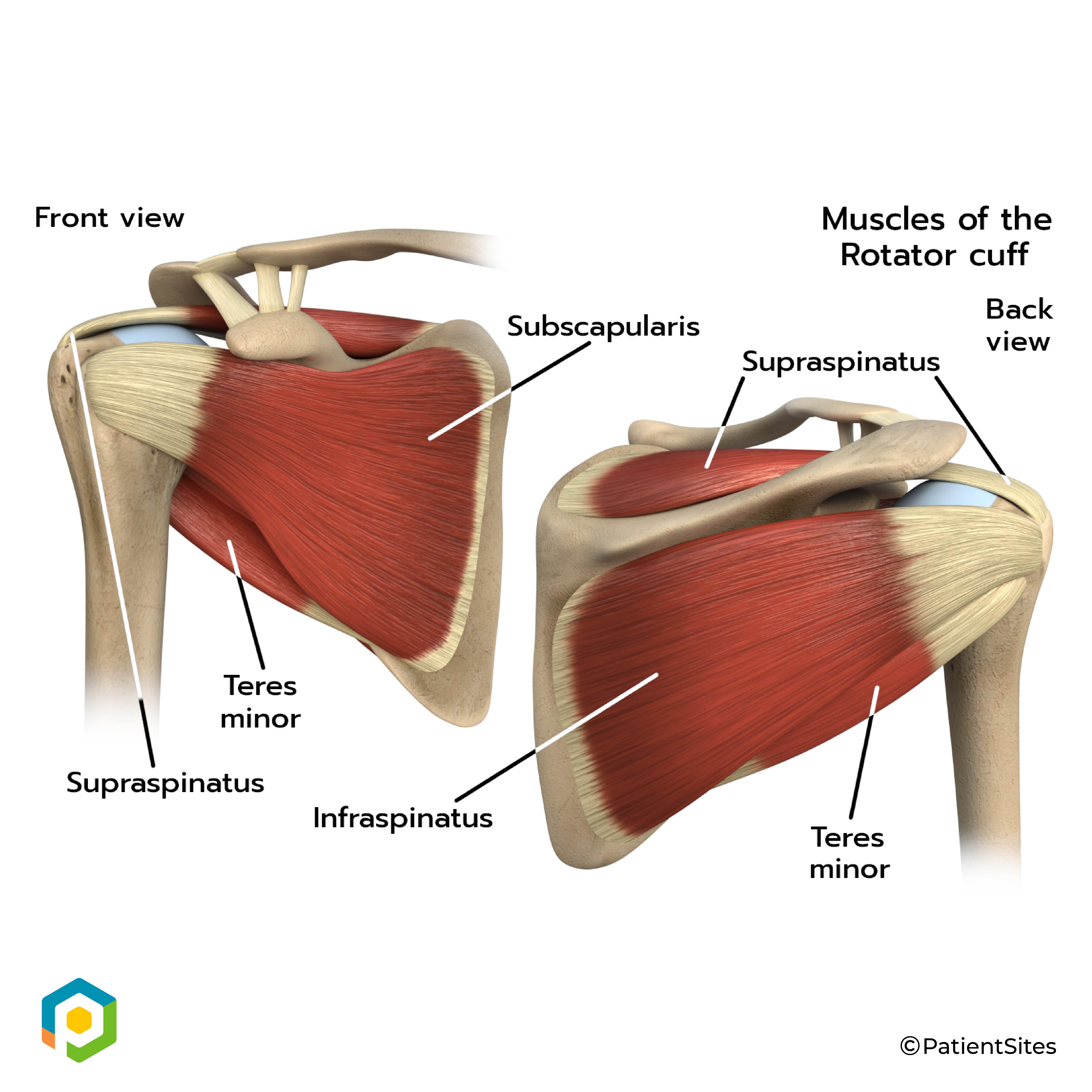
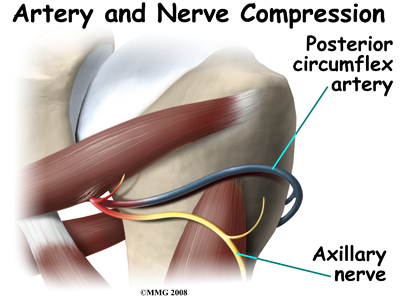

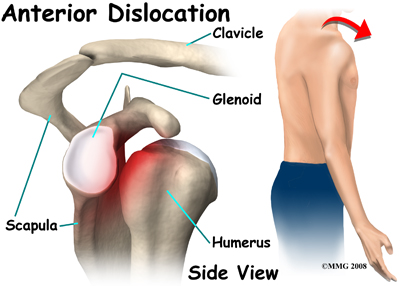
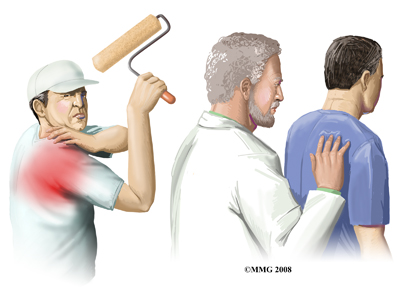 Symptoms of quadrilateral space syndrome usually include vague shoulder pain, numbness or tingling in the arm, and tenderness to pressure over the area of the quadrilateral space.
Symptoms of quadrilateral space syndrome usually include vague shoulder pain, numbness or tingling in the arm, and tenderness to pressure over the area of the quadrilateral space.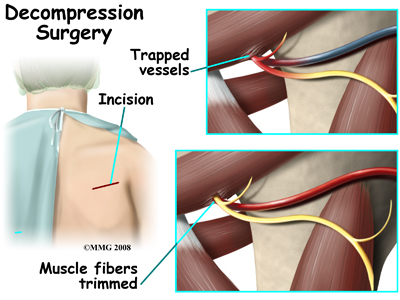
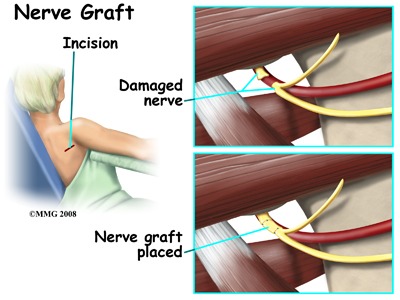


 (403) 679-7179
(403) 679-7179  concierge@one-wellness.ca
concierge@one-wellness.ca 

